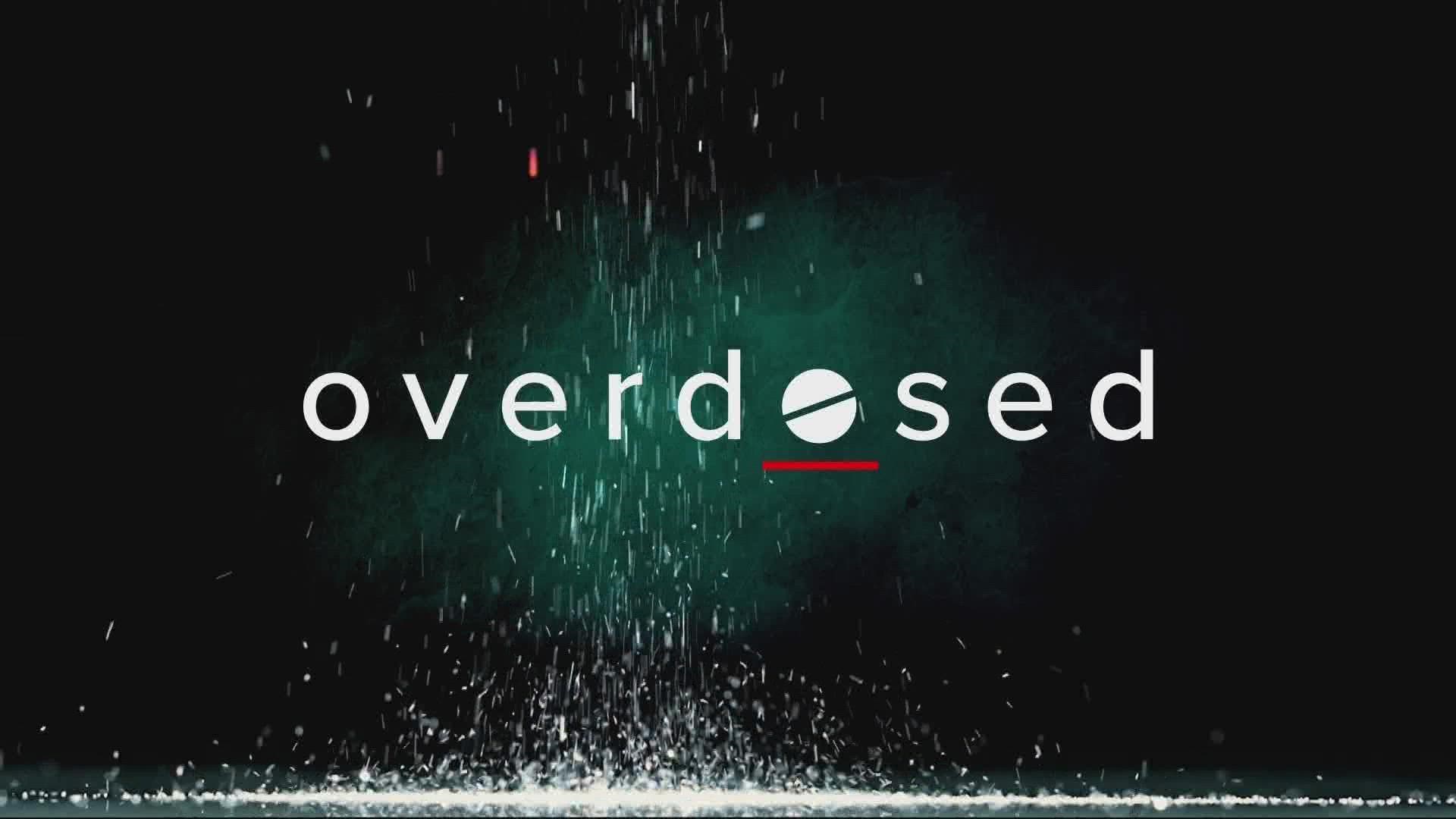BREVARD COUNTY, Fla. — Gov. Ron DeSantis announced Wednesday a "massive expansion" of a first-of-its-kind model of care for substance use disorder in Florida.
The expansion called Coordinated Opioid Recovery (CORE) is a network of addiction care and a coordinated effort between different departments in the Sunshine State, the governor explained at a news conference in Brevard County.
The model originally started in Palm Beach County and is now being stretched across the state to 12 different counties after seeing success over the past two years.
Working together with the Florida Department of Health and the Department of Children and Families, the expansion will not only continue in Brevard County but will also extend to Clay, Duval, Escambia, Gulf, Manatee, Marion, Pasco and Volusia counties, as well.
DeSantis says the state also has its eyes on Citrus, Flagler and Pinellas counties as possible areas to expand to in the future.
"This network will be able to streamline resources and break down barriers for those battling addiction..." the governor said.
There's a three-prong approach to recovery being highlighted with the network, including:
- Rescue response from EMTs, medical personnel
- Stabilization and assessment of the individual patient
- Longterm treatment
"We don't want Floridians to receive overdose treatment and then simply be sent back into the world for this to happen all over again," DeSantis explained. "So we're trying to give them the tools they need to navigate their path to a productive drug-free future."
The network will be overseen by Florida's first Statewide Director of Opioid Recovery Dr. Courtney Phillips.
According to a news release, Phillips will "offer clinical consultations for addicts seeking treatment and recovery services."
"The state of Florida should be proud today to take the lead on systematically tackling the opioid and substance use epidemic with compassion and competent care," Phillips said in a statement. "Our state and communities did not choose this epidemic, but today we choose to treat this medical and psychiatric illness like any other, with access, evidence-based care, and lifelong comprehensive treatment."
Back in May, the governor signed a bill that increases the minimum mandatory sentences for trafficking fentanyl from three years to seven years, with the penalty climbing to at least 20 years when dealing in greater amounts.
Fentanyl is an extremely strong synthetic opioid created to treat pain, but the drug bought on the streets has the potential to kill in an instant.
"When you are putting fentanyl out on the street in the state of Florida, you are killing people by doing that," DeSantis said Wednesday. "You're going to jail, and you're going to jail for a long time."
First Lady Casey DeSantis also is pushing resources to combat the ongoing fentanyl deaths.
Earlier in July, it was announced that the Florida Department of Health alongside other state agencies will launch a statewide public messaging advisory system to inform the public of the dangers of fentanyl.
The office said the advisory will focus on prevention and recovery resources for overdoses involving synthetic opioids.
“Too many individuals are losing their lives because of illicit drugs and substance abuse,” Casey DeSantis said previously.
State Surgeon General Dr. Joseph Ladapo explained in a statement the state wants to help people address the stress traumas that led them to addiction.
“One day the standard of care will address the trauma and the stress, but until then we have the evidence-based practices that exist in place," he said in the release. "This program is an applied, intensive application to managing addiction through powerful, effective practice that connects people to what they need to get out of the horrific cycle of addiction.”
According to the data collected by LIVE Tampa Bay, the region has some of the highest rates of opioid overdoses in the country. An estimated 1,540 people died of opioid overdoses in the Tampa Bay region in 2020 – more than four people each day on average. That's a 49.6 percent increase since 2019, according to the nonprofit.
That's higher than the state and national averages, 10 Tampa Bay recently found in its Overdosed series.
If you or a loved one is battling a substance use disorder, click here for a list of Tampa Bay-area resources.

